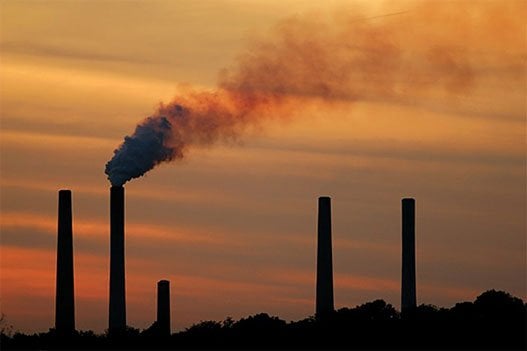
Global warming isn’t only destroying the nature, but has also taken a toll on our health and lifestyle. Did you know because of the pollution, our environment has built up many harmful contaminations that are creating havoc on our health and lifestyle? Let’s find out how environmental toxins are ruining our skin.
Most of us are unaware about the harmful environmental conditions that are damaging our beauty. This post will make you aware of how environmental toxins are ruining our skin. And this will further help you in counteracting the side effects incurred due to those harmful contaminations by taking adequate precautions. Continue reading to learn how you can protect your skin from pollution!
1. Dioxins
Dioxins are a wide range of chemical components that are that by-products of different industrial processes. These are normally considered as environmental pollutants that are accumulated in the food chain, mostly fatty tissues of animals.
These toxins result from chemicals released during combustion techniques and cause a series of skin ailments including rashes, discoloration and various skin diseases including lesions. It also stimulates growth of hair on the body.
And on more serious note, these toxins also create reproductive as well as genetic problems, apart from damaging the immune system, leading to cancer and hormone imbalance.
2. Chlorine
Human body’s largest organ is the skin, which frames the body structure and acts as a protective guard to our vulnerable internal organs from damage due to external forces. And, what happens when the skin is constantly exposed to traumatic environmental conditions?
Chlorine is another harmful toxin that endures maximum damage. Almost in all cities, municipalities add chlorine to the water supply to disinfect the fresh water, which we use for cooking, bathing and everything. While we use treated water for our cooking; we are forced to take shower in this chlorinated water, thereby exposing our skin directly to chlorine.
Here are the following damages occurred due to chlorine –
- Dry patches
- Itchiness
- Acne
- Irritation
- Killing off healthy bacteria on the skin
- Profuse hair loss
[sc:mediad]
While we cannot completely avoid this problem, however we can take some precautions to reduce the risks by lowering down the chlorine content in our shower. You can go for Vitamin C shower head. These filters have recently proved to be quite efficient, which also prevents bacteria and algae from growing because of their acidic content. Besides, they also come with anti-oxidants that help in rejuvenating the skin after being exposed to chlorinated water.
3. Pesticides
The presence of pesticide in the environment is not necessarily problem, until it is exposed on our skin frequently. But then, even a small amount of pesticide can be harmful if it is highly toxic by nature. Usually we are exposed to pesticides in three possible ways –
- Breathing
- Oral exposure through mouth or digestive tract
- Contact with the skin or eyes
The dermal exposure i.e. through skin and eyes occurs when your skin is exposed to pesticides. This can cause irritation, skin burns or infections and can also cause more serious health problems if they get into our blood vessels.
4. Solvents
The term solvent refers to a group of liquid chemicals that are used to dissolve solid fragments. These are usually derived from turpentine, citrus solvents and also from petroleum or other synthetic sources.
In general, solvents are the most overlooked hazards in the world of art, as they have the most usage here – in dissolving resins, oil, and inks and in removing paints, lacquers and varnish. Solvents are also used for cleaning tools, brushes, silk screens and sometimes artists also use them to wipe off paints from their hands.
So this is how environmental toxins are ruining our skin. It’s better to protect the skin from pollution and avoid them as much as we can. Hope this post was helpful.
